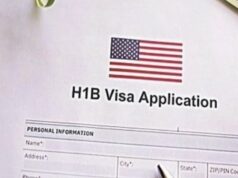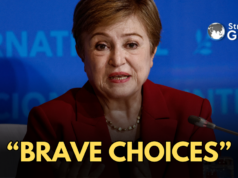It’s been over a week since the conclusion of the ministerial of the World Trade Organization (WTO) in Abu Dhabi. The meeting underscored the divisions worldwide over trade issues, from agricultural subsidies to fisheries and even investment facilitation, says Mohan Kumar, former Indian ambassador to France and lead negotiator at GATT, the forerunner of the WTO.
Speaking on The Gist, Ambassador Kumar made some important points. India’s subsidies on agriculture are driven by the need to ensure its subsistence farmers are adequately compensated and prices remain affordable for the population at large. This is not liked by some of the agricultural giants out there, such as the US, Brazil, Canada, Australia and even Thailand, who want the subsidies gone so they can sell their grain in India.
On fisheries, he noted that India’s demand for 25 years to enable it to scale up its fishing infrastructure and operations may seem excessive. But India is in no position today to compete with Chinese or European fishing fleets. As for China’s moves at investment facilitation, India’s point is in a multilateral institution like the WTO where decisions are made by consensus, such plurilateral initiatives are best left out.
In the long term, Ambassador Kumar believes India has no choice but to negotiate free trade agreements (this is underway with the European Union and the UK) because the WTO is losing ground. The US is refusing to allow the dispute settlement body to function because many decisions went against it. If Donald Trump wins the November election, he may well seek bilateral trade deals and given US clout as a world trading power, India would be at a great disadvantage.
Kumar also believes India needs to move urgently on reforming its land and labour laws as these militate against efficiency and competition. But history has shown that India is a reformer only by compulsion, not out of conviction and this is something which needs to be addressed.
Thirty eight years in journalism, widely travelled, history buff with a preference for Old Monk Rum. Current interest/focus spans China, Technology and Trade. Recent reads: Steven Colls Directorate S and Alexander Frater's Chasing the Monsoon. Netflix/Prime video junkie. Loves animal videos on Facebook. Reluctant tweeter.




